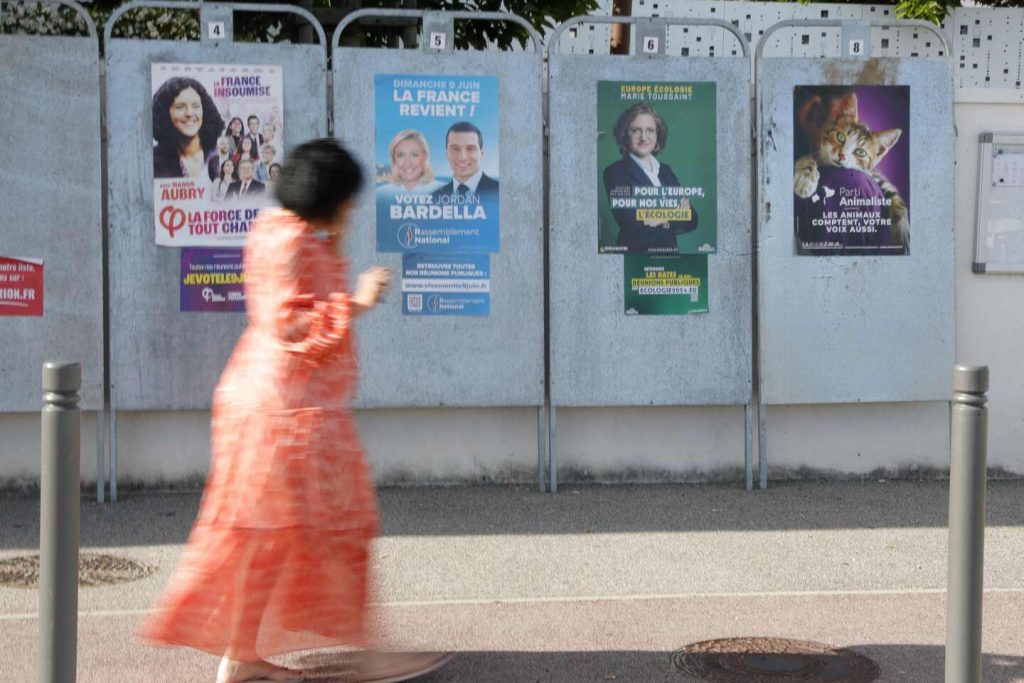The European elections in Ajaccio on May 31, 2024 saw a significant increase in support for far-right candidates, with the Rassemblement National (RN) candidate Jordan Bardella and the Reconquête! candidate Marion Maréchal collectively receiving half of the votes. This surge in support for the far-right has caused concern among the political establishment in Corsica, especially given that the RN candidate Nathaly Antona was elected to the European Parliament for the first time. The president of the Corsican executive, Gilles Simeoni, chose to remain silent on the results, leaving his party, Femu a Corsica, to issue a statement. The party’s response did not address the rise of the extreme right in the region.
The success of the far-right in the European elections has put pressure on the Corsican political landscape, with the majority party now looking to unite nationalist forces ahead of the upcoming legislative elections. The party is determined to maintain the region’s push for autonomy, which is currently in a precarious position. The RN, however, was excluded from the political process and was not included in the strategic committee discussions with the interior minister on institutional and economic matters. The RN’s regional delegate emphasized their commitment to decentralization rather than autonomy, positioning themselves as an alternative force in the Corsican Assembly.
One key figure in the RN’s Corsican branch is François Filoni, who has moved across the political spectrum and now advocates for the RN as a viable alternative in Corsican politics. Filoni highlights the shift in perception of the RN under Marine Le Pen’s leadership, citing their focus on local issues and active presence in Corsican communities. The party claims to have engaged with a large number of municipalities during the campaign, particularly those experiencing economic decline. The RN’s growing support signals a shift in Corsican politics and challenges the existing political landscape dominated by nationalist parties.
Despite the far-right’s growing influence, there remains a sense of unease among the traditional political players in Corsica. The rise of extreme right-wing ideologies poses a threat to the region’s stability and autonomy aspirations. The lack of a clear response from established political figures like Gilles Simeoni reflects the uncertainty and division within Corsican politics. As the region prepares for legislative elections and grapples with the implications of the European election results, there is a growing sense of urgency to address the underlying issues driving support for far-right parties in Corsica. The political landscape in Corsica is evolving, with nationalist parties facing challenges from alternative forces like the RN, raising questions about the future direction of Corsican politics.


